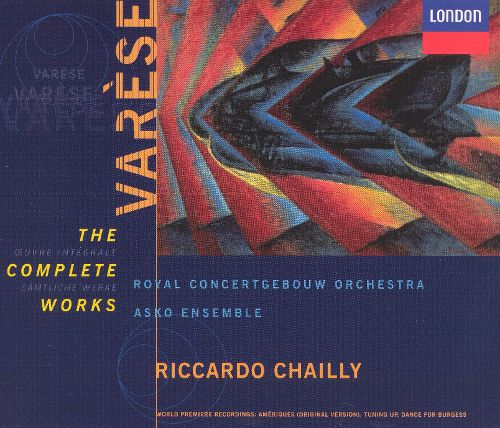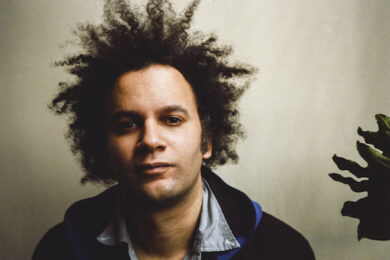5. Edgard Varese: The Complete Works

Varese is a universe. A dense universe of objects colliding, crystallising, dissipating and obliterating. I feel like I can relate to what I know of his temperament as well. As well as his obsession with the desert and need to rid himself of the historical baggage of the past is something I can relate to. That guy for me is the origin of a lot of ideas that I’m excited about. It’s hard to even talk about him. You know when you’ve sat with someone for so long that it’s difficult to even begin to say. He was one of the first major composers who transitioned into more of a sound artist. As people have said, he kind of liberated sound from the familiar tropes of Western music and turned sound into this absolute state. An appreciation of sound as object. Sound as environment or experience. So, he’s that guy. He’s someone who, as I grew up, getting into composition and trying to find someone who I can relate to because I love the music but the culture of classical music is stuffy and boring. And I don’t give a shit about it. But he was such an intense, probably manic depressive, obsessive-compulsive, beautiful, frustrated, angry, passionate person – and all this stuff came through his music. And I love him for that.
He came out of the whole Romantic orchestral universe, and this was pre-electronic age. So he was surrounded by Stravinsky, Debussy, these major models as far as orchestral writing goes. But there wasn’t anyone who was taking that model, freezing it and laying to waste the baggage of history that comes with along with that music. He was able to erase all of that and push the idea of orchestral writing forward. If he was alive today, that’s a question I would ask him – where are you coming from? Like Feldman though, he’s very intuitive in his writing, so he just trusted himself.


